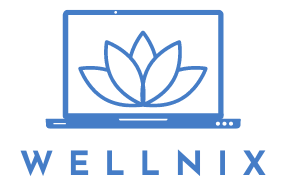Hybrid Practice: Balancing In-Person and Virtual Therapy Sessions in Canada
Jamie Letcher • September 27, 2025
Finding a flow that works for you and your clients
Since 2020, many therapists in Canada have embraced virtual therapy out of necessity. Now, with in-person sessions back on the table, most practices are finding themselves in “hybrid mode”. Some clients prefer the convenience of online, others value the comfort of being face-to-face, and many therapists want to offer both.
But here’s the challenge: running a hybrid practice can get complicated. Managing two workflows, two sets of expectations, and sometimes even two different client experiences means you need intentional systems to keep it smooth.
At Wellnix, we help therapists across Canada juggle these demands every day. Here are some key areas to think about if you’re offering both in-person and virtual sessions.
Scheduling with clarity
Hybrid therapy only works if your schedule is airtight. That means:
- Using practice management software (Jane, OWL, or similar) that lets you clearly separate your in-office hours from your online availability
- Colour-coding or tagging session types so you don’t accidentally double-book yourself or offer an online slot when you’re commuting
- Making it crystal-clear for clients when they’re booking which type of session they’re choosing
Tech and setup that make it seamless
Switching between in-person and online sessions shouldn’t feel like shifting into two completely different jobs. A few things help:
- Reliable internet and a professional video setup (good lighting, microphone, neutral background)
- A dedicated therapy space in-office that’s free of interruptions
- Consistent forms and reminders, no matter the format. For example, everyone gets the same intake packet, but in-person clients get a reminder about directions and parking, while virtual clients get instructions about how to access their call
Boundaries and energy management
Hybrid practices can be sneaky energy drains. One client in the office, one client online, then back again — it’s a lot of switching. Protect yourself with:
- “Theme days” where you only see in-person or online clients
- Small transition breaks if you do mix formats in the same day
- A clear cancellation policy that covers both in-person and virtual sessions
Communicating with clients
Clients don’t always know what’s involved in hybrid therapy. A quick FAQ on your website or intake form can make a big difference. Consider including:
- How you handle switching between formats (for example, if someone wants to move their in-person session online last-minute)
- The tech requirements for virtual sessions
- Any differences in fees or insurance coverage (some plans still separate telehealth vs in-person)
Why it matters
Hybrid therapy isn’t just about logistics, it’s also about accessibility. Offering both options can make your practice more welcoming to clients who are juggling childcare, mobility challenges, commutes, or immune concerns. Done well, it can also make your practice more resilient by diversifying your client base.
Final thoughts
Running a hybrid practice doesn’t have to feel overwhelming. With the right systems, you can keep your schedule clear, your energy steady, and your client experience consistent,no matter how they choose to meet you.
At Wellnix, our virtual assistants support Canadian therapists with everything from scheduling systems to client communication. With the right support, hybrid therapy can be a smooth, sustainable part of your practice.











